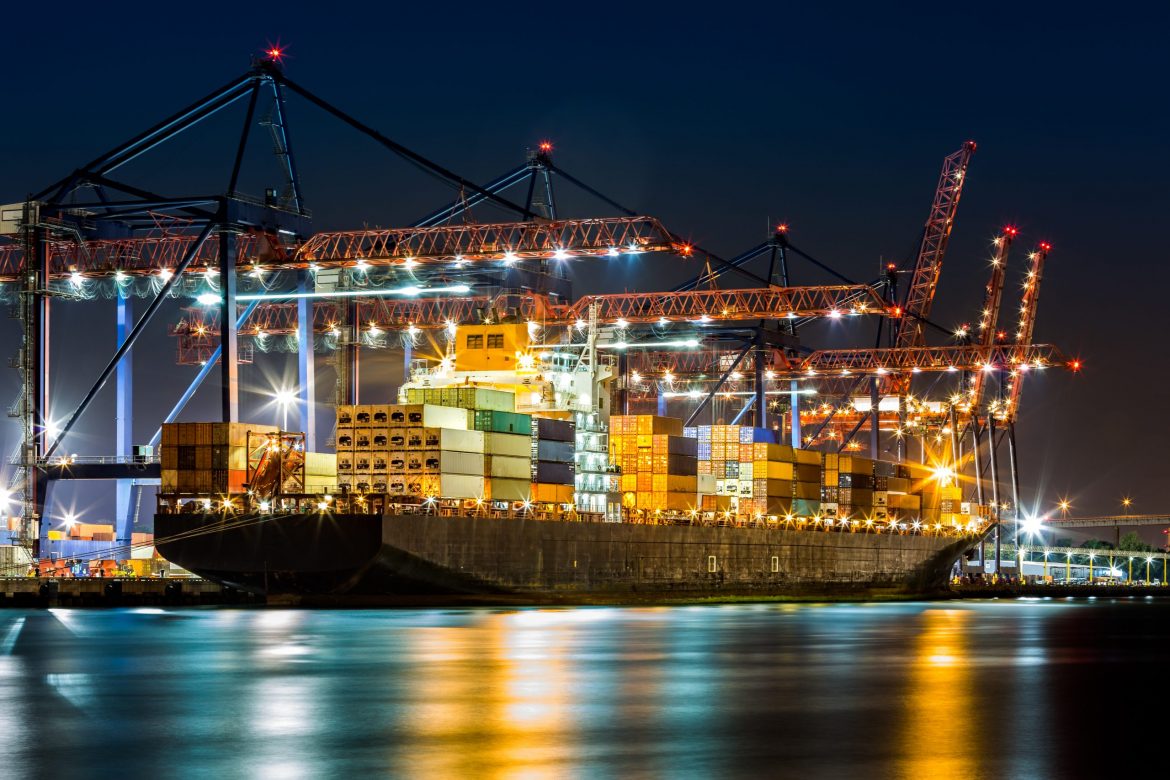Maritime law, otherwise called admiralty law, is a unique body of law that controls maritime legal issues, questions, and concerns. Maritime law covers both domestic and private international laws and it takes care of a myriad of regulations and rules that covers shipping, cargo, maritime injuries, passenger transportations, transportation of goods, accidents, and personal injuries.
Maintenance and Cure
When seamen get injured while on the job, they are generally entitled to maintenance and cure benefits, no matter how the accident occurred whilst the seaman was working. Maintenance covers the daily expenses of the seaman during recovery, for example – rent or mortgage, utilities, food, and taxes. However, expenses that are wants and not needs, such as television or internet bills are typically not taken care of. In addition, automobile expenses, including gas, repairs, and insurance are not included as they aren’t considered necessary to run a household.
Cure covers the medical expenses associated with the injury during the recovery period, so doctor visits, medication, examinations, rehabilitation, any special medical equipment needed, are the costs covered and are associated with traveling to medical appointments.
The Jones Act
Under the Jones Act seamen must prove that their injuries are because of negligence by another party and that the injuries happened while on the job. Employers are held accountable for damages if the seaman can provide solid, legally binding proof. However, it’s important to note that although the seaman must find the necessary proof, it is less work to find under the Jones Act. Under maritime law, seamen only need to prove that their employer had a role in the accident that led to their injuries.
Damages under the Jones Act covers quite several areas like lost wages, medical expenses, pain, suffering, disfigurement (if applicable), lost wages, lost earning capacity, and more. The amount of damages is dependent upon the severity of the injury and the details around each individual case. It’s important to mention that aside from the initial accident and injury report, you should never sign any paperwork given to you by your employer or an insurance agent without an experienced maritime lawyer present to review the documents.
The statute of limitations for the Jones Act is three years from the time you got injured. If the vessel is United States based, the statute of limitations will be shorter.
The Longshore and Harbour Workers’ Compensation Act (LHWCA)
Maritime law has a program in place, known as the Longshore and Harbour Workers’ Compensation, that provides compensation to workers who are injured while working on navigable waters, for instance, repairing a ship.
Death on High Seas Act
The Death on High Seas Act (DOHSA), is applicable to any maritime accident that happens more than three miles away from the United States and its territories shores. It provides recovery damages for the death of a maritime worker if the death was caused by a wrongful, accidental or neglectful act on the shore of any state. A DOHSA claim can only be filed by a spouse, child, dependent relatives, or their representatives for the dead.
Passenger Personal Injury
Maritime law takes care of passengers aboard cruise ships and other vessels who are injured while out to sea. As a result, passengers have the right to file suit against a shipowner should any accident occur because of anything or anyone linked to them. Some of these cases include as mentioned cruise ship’s and personal boating accidents.


